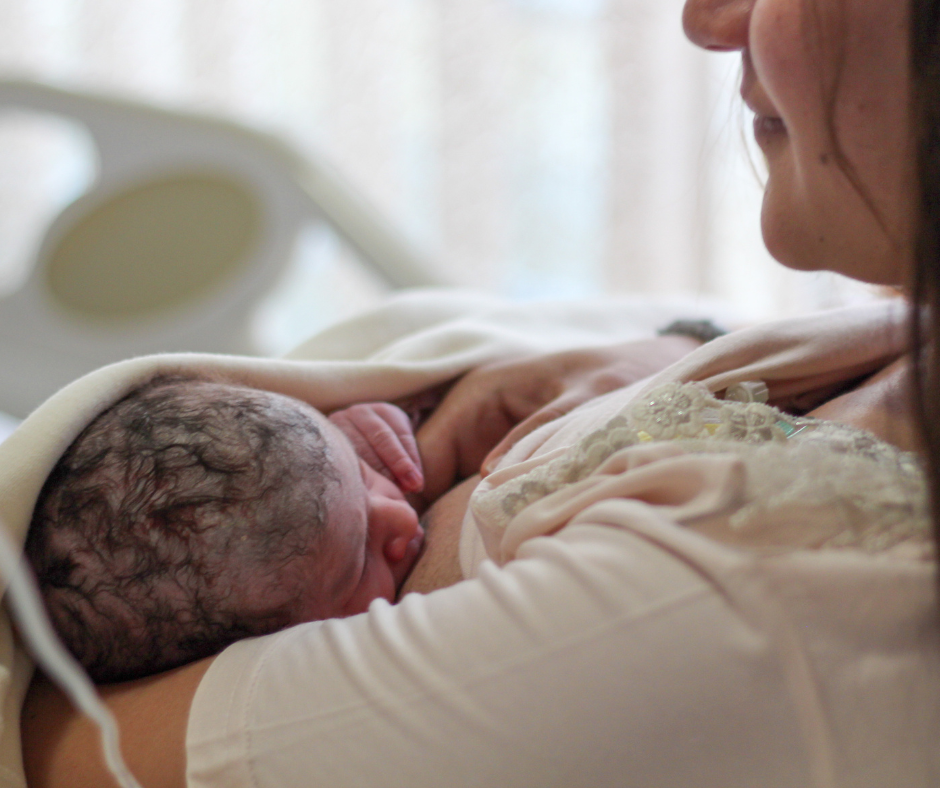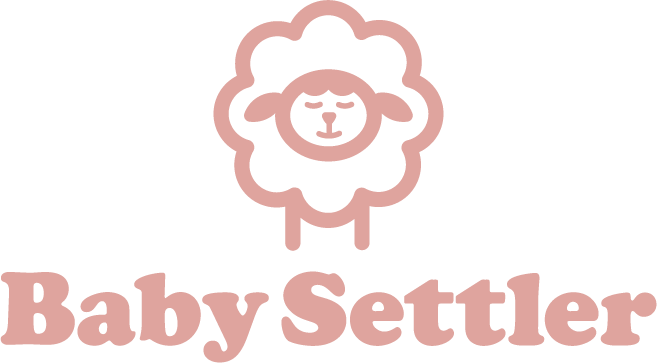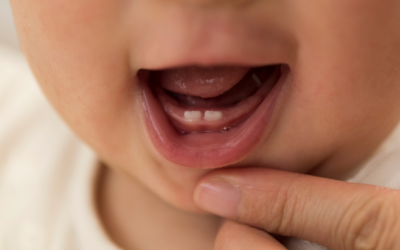
Bringing home a newborn baby can be daunting! This tiny person is completely reliant on you for everything, from diaper changes to eating. If you’re still pregnant and your due date is approaching, you may be getting nervous about the fourth trimester. Here are the dos and don’ts of newborn care you should know:
Do Schedule A Lactation Consultation Before Giving Birth
Did you know that 60% of mothers stop breastfeeding earlier than they intended to?
This is due to many different struggles, including cracked nipples, painful breastfeeding, concerns about your baby’s weight gain and development, and feeling unsupported.
This is where time with a lactation consultant before you give birth comes in. You get the information you need – including what hunger cues to watch out for, how to get your little one to latch, and how to ensure full feeds – so you’re more able to troubleshoot issues you may experience down the road.

If you’ve already given birth, you can still benefit from meeting with a lactation consultant. They will be able to give you advice and correct your technique in real-time.
If you prefer to learn in your own time, take our Breastfeeding Made Simple online course. This breastfeeding guide goes through what to expect from breastfeeding at birth, growth spurts and developmental leaps, how to extend nighttime sleep with breastfeeding, and more.
Don’t Think That Breastfeeding Pain Is Normal
Breastfeeding should not be painful, Mama! At most, you should be feeling gentle tugs when you feed your baby.
Pain can come from common breastfeeding issues, including:
Sore And Cracked Nipples
If your baby isn’t latched onto your nipple correctly, they will struggle to get milk out, causing extra trauma to your nipples.
The first step to remedying this is to help your little one latch correctly. Your baby’s spine, head, and neck should all be aligned when feeding, and their chin should be pointed upwards. Their mouth should cover a large part of your areola, and your breast shouldn’t be so pushed up against their face that they struggle to breathe.
To treat cracked nipples, you can use nipple ointment, place small drops of your breast milk on your nipples, and allow your nipples to air dry.

Breast Engorgement
Engorgement can happen when your breasts become overly full to the point of pain. To ease engorgement, feed your baby on cue – hunger cues include opening and closing the mouth, moving head from side to side, and bringing hands to their mouth. “Crying is the very last sign that your baby needs feeding. Feeding them before they cry often leads to a much calmer feed. Keeping your baby close so you can watch and learn their early feeding cues will help,” advises the NHS.
Do Have Playtime In Your Baby’s Schedule
You can start playing with your baby when they’re a newborn. Your little one is already learning from you and reaching milestones when they’re younger than three months.
“Skills such as smiling for the first time and, later, waving ‘bye bye’ are called developmental milestones. These markers of a child’s growth help pediatricians and parents track baby’s progress in four important developmental categories: social and emotional, language and communication, cognition, and gross and fine motor skills,” explains What To Expect.
Playing with your newborn can look like:
- Moving them to different positions so that they can see new things.
- Smiling and talking to them.
- Interacting with them as you do household chores.
It really doesn’t have to be complicated! Your newborn’s wake windows will be short, so they’ll only be able to take a few minutes of playtime during a wakeful period.

Don’t Wait To Introduce Tummy Time
Tummy time is simply placing your baby on their belly on a playmat with toys around them.
“Play and interact with your baby while they are awake and on their tummy 2 to 3 times each day for a short time (3 to 5 minutes). You can start the day your baby gets home from the hospital,” says the American Academy of Pediatrics.
This sets them up to develop the skills to reach milestones, such as lifting themselves up, reaching for things, and rolling over.
Tummy time and changing your baby’s position are also important to prevent them from developing a flat spot on their head, which can happen due to being on their back too much.
Do Start Practising Good Sleep Habits Early
Promoting better and longer nighttime sleep can begin early.
From day one you can set your baby up to naturally extend their nighttime sleep without sleep training and crying it out. This looks like getting efficient, effective feeds; creating an optimal sleeping environment; and practicing a nighttime sleep routine.
Quality, Full Feedings
Feeding and sleep are connected. If your baby only snacks, they’re far more likely to wake up earlier than they’re meant to in order to feed again. Help your baby get full and efficient feedings by offering them both breasts; burping them before, during, and after feeds; and feeding them before their late hunger cues begin.

Optimal Sleep Environment
The environment in which your baby sleeps does affect them. An optimal sleep environment can include a white noise machine or fan, black-out curtains, a bare crib with just a fitted sheet on the mattress, and your baby swaddled.
A swaddle is great for those first few months of life before transitioning to a sleep sack. Babies are often woken from sleep earlier than ideal when not swaddled due to the Startle Reflex (that makes them feel like they’re falling!). The swaddle helps protect their pockets of sleep between feedings.
Consistent Nighttime Routine
A routine will help your baby begin to recognize and anticipate their day and night. I’m sure you’ve heard the saying “Children thrive on consistent routine” – so do babies!
A nighttime routine can include a bath, a feeding, a baby massage, and a lullaby.

Don’t Ignore The Importance Of Naps
Good quality daytime sleep prevents an overtired, overstimulated baby which in turn helps your baby get quality, full feedings during the day.
When a baby is overtired, their body releases a stress hormone called cortisol. Cortisol elevates their heart rate, causes agitation, and essentially turns their brain on “high alert” mode.
This then leads to a poor-quality feed and a shorter span of sleep.
Daytime naps are vital to better nighttime sleep. It’s all explained in further detail in my book, Babies Made Simple. This baby sleep guide will help you set your baby up for sleep success!
Life with a newborn baby isn’t easy, but it can be made better and more enjoyable when you have an idea of what to expect and are prepared.




